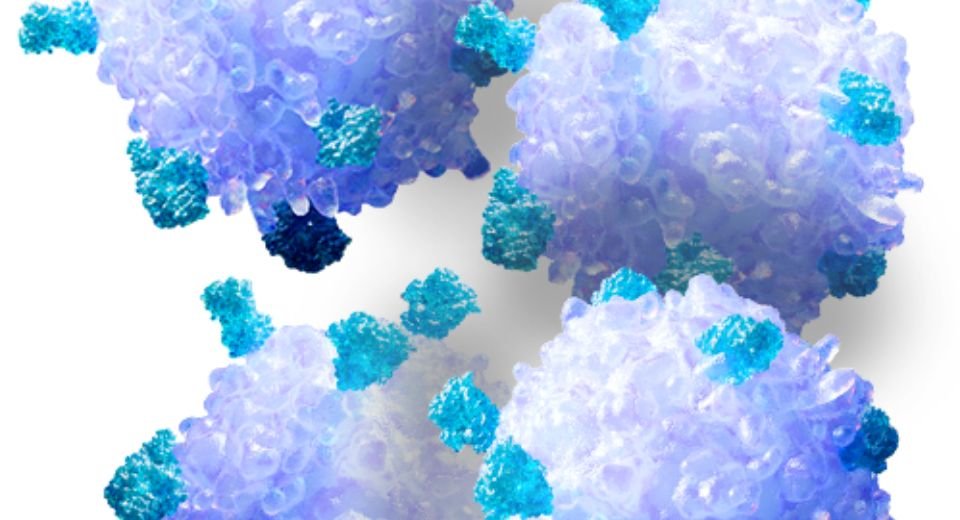HQ Team
January 16, 2025: Atara Biotherapeutics’ Ebvallotm therapy, for treating patients with a rare cancer that occurs after stem cell transplantation, got rejected by the US drug regulator.
The California-based company got a complete response letter from the US Food and Drug Administration based on the regulator’s observations made during a third-party manufacturing facility for Ebvallotm, according to a company statement.
The company was seeking an FDA nod for Ebvallotm (tabelecleucel) therapy as a monotherapy treatment for adult and pediatric patients two years of age and older with Epstein-Barr virus-positive post-transplant lymphoproliferative disease (EBV+ PTLD).
The patients must have received at least one prior therapy, including an anti-CD20-containing regimen.
B-cell growth
The rare condition causes unbridled growth of a type of white blood cell or B-cell and leads to tumour formation.
“We are working closely with our partner Pierre Fabre Laboratories, the FDA, and the third-party manufacturer to address the feedback to support marketing approval for Ebvallo,” said Cokey Nguyen, PhD, President and Chief Executive Officer of Atara.
“Once the third-party manufacturer GMP compliance issues have been adequately addressed, we will file for a resubmission, which we would expect to be potentially approved within six months of resubmission.”
The FDA letter did not identify any deficiencies related to the manufacturing process, the clinical efficacy, or clinical safety data in the Biological Licence Application, and the FDA did not request any new clinical trials to support the approval of the therapy.
CAR-T cell therapy
The therapy was granted marketing authorisation by the European Commission in December 2022. It is an allogeneic, EBV-specific T-cell immunotherapy designed to target and eliminate Epstein-Barr Virus (EBV) infected cells.
Most people fight off EBV infection with a natural immune response, leaving them with T cells—white blood cells in the immune system armoury—that control EBV when needed.
These natural T cells can serve as a platform to generate allogeneic CAR-T cells. CAR T-cell therapy uses genetically modified white blood cells to fight cancer.
More than 95% of adults over 40 are infected with Epstein-Barr virus, according to the company.
Suspend CAR-T activities
Atara stated that it has extended the scope of an advisor to look at the possibility of an acquisition, merger, reverse merger, “other business combinations,” sale of assets, or other strategic transactions to realise the value of its CAR-T assets.
If a strategic resolution is not reached to provide funding for its CAR-T development programs in Q1 2025, Atara intends to suspend all CAR-T activities, according to the statement.
The company would also significantly reduce its expenses and activities to only those that support the approval of Ebvallo, including through a near-term progressive transfer of all operational activities related to the therapy to Pierre Fabre.
Atara, which has has cash, cash equivalents and short-term investments of $43 million as of year-end 2024, has entered into a non-binding term sheet with Redmile Group to provide up to $15 million in funding through an equity line of credit, which Atara believes is sufficient to fund the ongoing activities required to achieve Biologic License Application approval.
